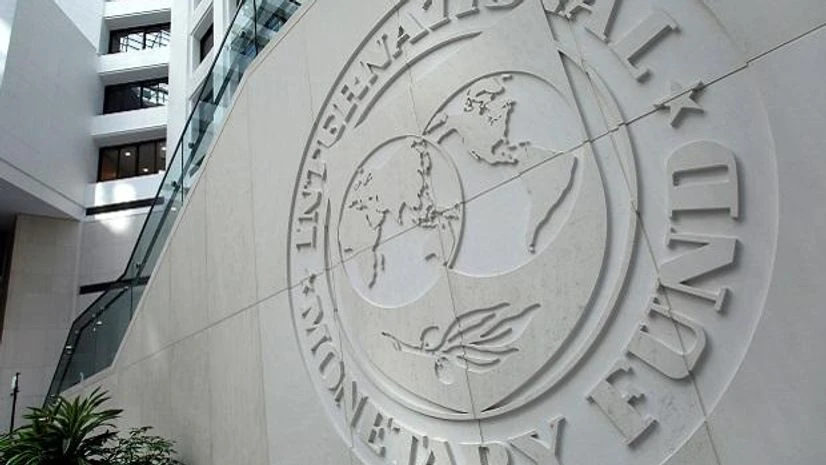By David Milliken and Andrea Shalal
LONDON/WASHINGTON (Reuters) - The world's seven largest advanced economies have agreed to support the first expansion of the International Monetary Fund's reserves since 2009, a step meant to help developing countries cope with the coronavirus pandemic, Britain said on Friday.
Britain - which is chairing the Group of Seven (G7) this year - said G7 finance ministers had agreed to support a "new and sizeable" increase in the volume of Special Drawing Rights (SDRs), an internal currency used by the IMF.
"Today's milestone agreement among the G7 paves the way for crucial and concerted action to support the world's low-income countries, ensuring that no country is left behind in the global economic recovery from coronavirus," British finance minister Rishi Sunak said.
The news was welcomed by IMF Managing Director Kristalina Georgieva, who said the G7 finance ministers' meeting was "productive".
Last year the IMF said it wanted the allocation of SDRs to rise to the equivalent of $500 billion from the $293 billion agreed at the time of the last expansion in 2009, just after the global financial crisis.
More From This Section
That expansion was opposed by then-U.S. President Donald Trump. Last month U.S. Treasury Secretary Janet Yellen said she would like an expansion but wanted greater transparency about how the SDRs would be used and traded.
Sources in the United States familiar with the G7 talks said an increase of around $650 billion had been under discussion.
Even if Yellen wins consensus for an SDR allocation that falls below the threshold requiring approval by the U.S. Congress - about $679 billion based on today's exchange rates - the U.S. domestic politics are tricky.
MONEY FOR U.S. ADVERSARIES
Congressional Republicans have already complained the move would fail to target the countries in most need of the funds but would provide free reserves to China, Russia, Iran and other countries seen as adversaries by the Trump administration.
Representative French Hill, a senior Republican on the House Financial Services Committee, said in a Feb. 25 letter to Yellen that more SDRs "would deliver unconditional liquidity to some of the most brutal dictatorships in the world."
The U.S. Treasury did not issue a statement about the G7 meeting, but in a response letter to Hill on Friday, the Treasury said its staff are working with the IMF to determine the extent of the long term reserve needs of low-income countries that could be met by an SDR allocation.
"In the longer run, SDRs serve as a stable reserve asset that provides advantages over borrowed assets as countries' financing needs in response to the crisis over the coming years will continue to be high," wrote Angel Nigaglioni, a deputy assistant secretary in Treasury's Office of Legislative Affairs.
Hill was not persuaded, saying in a tweet: "Appreciate Treasury's response to my letter, but SDRs not the way to go."
He added that China would get $41 billion from a $650 billion allocation, while Russia would get $17 billion, adding, "@SecYellen and @IMFNews should say no."
DEBT CHALLENGES REMAIN
Any expansion of SDRs will also need to be agreed with countries outside the G7, including China and other G20 member states, before the IMF's spring meeting in April.
Credit ratings agency Fitch said an increase in SDRs to $500 billion would be equivalent to 0.5% of global annual economic output and represent 3.5% of global financial reserves.
"It will help countries to deal with immediate external financing pressures, but is insufficient to alleviate broader debt service challenges," Fitch wrote in a note to clients.
Britain's finance ministry said extra SDRs would help poorer countries "pay for crucial needs such as vaccines and food imports, and improve the buffers of emerging markets and low-income countries."
Anti-poverty groups welcomed the move but said more needed to be done for richer nations to share their unused SDRs with poorer ones.
(Additional reporting by David Lawder in WASHINGTON; Editing by Andy Bruce, Mark Heinrich and Rosalba O'Brien)
(Only the headline and picture of this report may have been reworked by the Business Standard staff; the rest of the content is auto-generated from a syndicated feed.)

)
